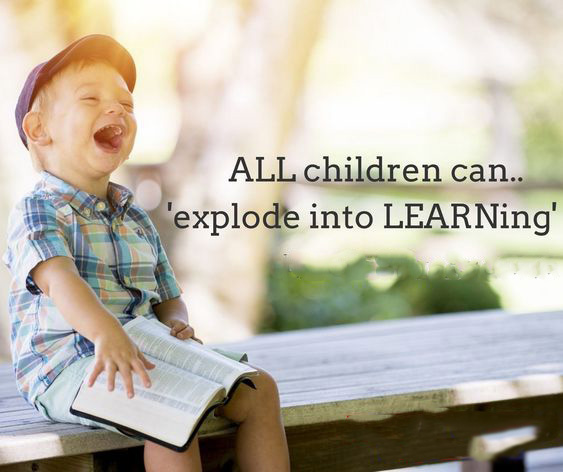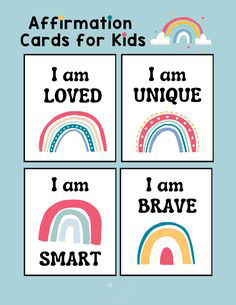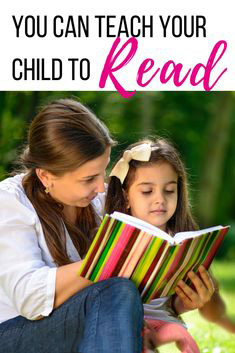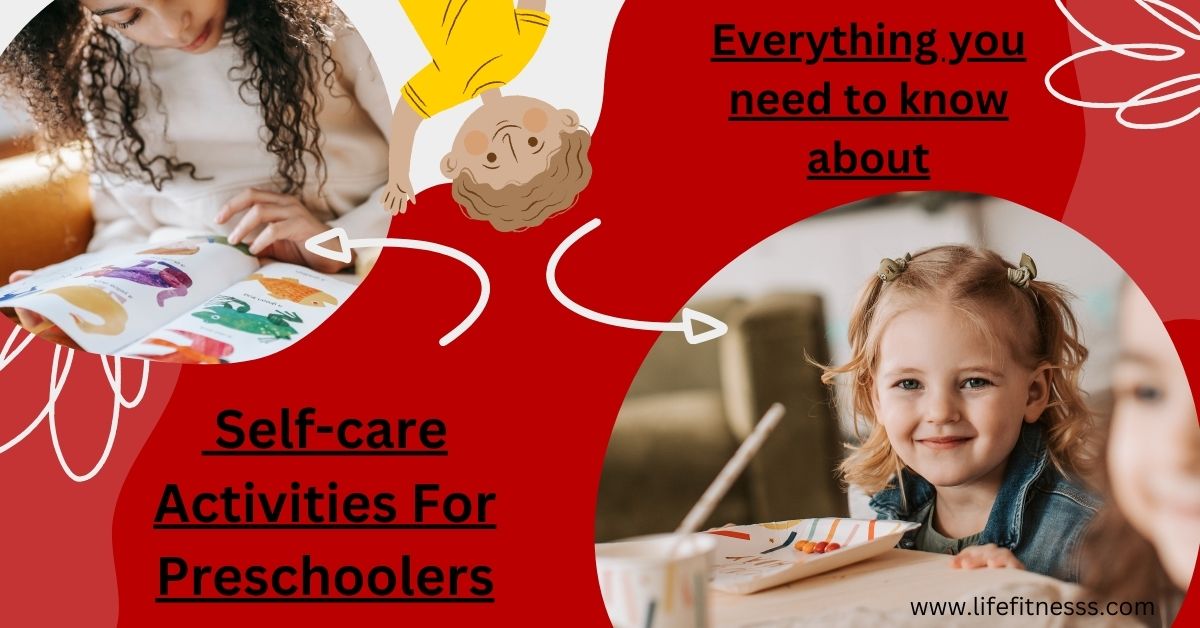Introduction :
What are Preschool Self-Care Activities?
Self-care for preschoolers means the development of their habits. These habits promote emotional, physical, and social well-being in young children. Preschool self-care activities involve age-suitable tasks to promote independence in young children. These activities highlight life skills in them.
Importance of Teaching Self-Care in Preschool :
Preschool is a great time to learn self-care ideas for kids because they are ready to learn. Preschoolers develop new skills. When we teach self-care at this age, it helps them build good habits for life.
21 Engaging Preschool Self-Care Activities
Let’s explore 21 self-care skills for toddlers that can nurture your child’s physical and mental growth. Research in Sage Journal shows the impact of self-care ideas for kids on social skills.
| No. | Activity | Description |
| 1 | Mindfulness through Play | Focus on the present moment, aiding concentration and emotional regulation. Supports brain and emotional growth. |
| 2 | Creative Expression | Encourages artistic activities for self-discovery, emotional expression, and development of fine motor and thinking skills. |
| 3 | Healthy Eating Habits | Teaches the importance of nutritious food through fun meal preparation, promoting the lifelong health of preschoolers. |
| 4 | Personal Hygiene | A fun approach to learning cleanliness habits, including handwashing and dental care, fostering responsibility for well-being. |
| 5 | Emotional Expression through Art | Utilizing art as a safe outlet for expressing and managing emotions positively. |
| 6 | Outdoor Play for Physical Well-being | Essential for Physical Development, coordination, and health. Encourages a love for an active lifestyle and connection with nature. |
| 7 | Making Friends | Participation in group activities to build friendships, teamwork, and communication skills. |
| 8 | A fun approach to learning cleanliness habits, including handwashing and dental care, fostering responsibility for well-being. | Emphasizes the importance of consistent bedtime and waking routines for improved learning and attentiveness in school. |
| 9 | Dressing Up on their own | Fosters independence and pride in preschoolers by allowing them to dress themselves. |
| 10 | Playing in the Garden | Teaches responsibility and care for the environment through gardening activities. |
| 11 | Splish-Splash with Soapy Water | Provides sensory enjoyment and understanding of textures through play with soapy water. |
| 12 | Storytime | If preschoolers Sleep Well, they will learn Well. |
| 13 | Relaxing Exercises | Introduces simple exercises for relaxation, offering mini-breaks during the day for calmness and happiness. |
| 14 | Nature Exploring | Outdoor exploration to connect with nature, appreciate surroundings and enjoy a peaceful adventure. |
| 15 | Yoga Fun | Introduce preschoolers to simple yoga moves for flexibility, focus, and physical activity. |
| 16 | Finger Painting | Encourages creativity through messy but fun finger painting, allowing self-expression and personality to shine. |
| 17 | Emotion Game | A game involving matching faces with feelings to enhance understanding of emotions and promote kindness. |
| 18 | Feelings Chart | Creation of a chart with drawings to visually communicate emotions, providing a special way to express feelings to others. |
| 19 | Relaxation Bottles | Make calming bottles with glitter and water as a tool to help preschoolers manage big emotions. |
| 20 | Mirror Time | Encourages positive self-talk and a healthy self-image through looking in the mirror and saying nice things to oneself. |
| 21 | Bedtime Routine | Outdoor exploration to connect with nature, appreciate surroundings, and enjoy a peaceful adventure. |
1. Mindfulness through Play
Playing mindfully means to focus on what you are doing right now. This is one of the famous self-care ideas for kids. Preschoolers can learn it. This helps them stay alert and active. Engaging in mindful activities helps children develop concentration and emotional regulation. It helps in their brain and emotional growth.
2. Creative Expression
Encouraging creative expression allows kids to communicate and understand their emotions. Artistic activities provide a platform for self-discovery. Preschoolers learn to express themselves. They experiment with different materials and techniques during a play. It helps them get better at using their hands and thinking skills.
3. Building Healthy Eating Habits
When you teach little kids how to eat healthily, they learn how to stay healthy for their whole lives. They can practice by making a fun meal and learn how to use their hands better. They understand the importance of nutritious food.
4. Personal Hygiene
Kids discover how to stay clean in a fun way when they learn about personal hygiene. They learn to wash their hands and take care of their teeth. It keeps their body healthy. It also teaches them how to take responsibility for their well-being.
5. Emotional Expression through Art
Preschoolers can use art to show how they feel inside. It helps them understand their emotions better and learn how to manage them. Creating art is a safe way for them. It provides a positive approach to managing emotions.
6. Outdoor Play for Physical Well-being
Outdoor play is essential for the physical well-being of preschoolers. Engaging in physical activities promotes skills, coordination, and health. It also allows children to connect with nature. It promotes love for an active lifestyle.
7. Making Friends
Joining group activities helps preschoolers become friends. They talk, work together, and become a team. It’s like playing and learning with other kids to build great relationships.
8. Sleep Well, Learn Well
Going to bed and waking up simultaneously every day is super important for little ones. When they sleep enough, they can learn better in school and be good listeners.

9. Dressing Up on their own
Putting on their clothes by their selves is awesome. It makes preschoolers feel proud and grown-up. Plus, it helps them know you can do important things on their own.
10. Playing in the Garden
Playing in the garden is like making friends with nature. Preschoolers plant and take care of things. It teaches them to be responsible and care for the world around them. Touching leaves and feeling the outdoors is super fun for them.
11. Splish-Splash with Soapy Water
Let them play with soapy water. Provide them with different containers and things to wash. It feels cool and helps them understand how things feel with their hands.
12. Storytime
Listening to stories is like going on adventures with characters. It helps preschoolers understand their feelings and talk about them with others.
13. Relaxing Exercises
Teach toddlers some easy exercises that help them relax. It’s like a mini break during the day to feel calm and happy.
14. Nature Exploring
Go outside and explore nature. Touch leaves, listen to bird sounds, and look around. It’s like having a peaceful adventure outside.
15. Yoga Fun
Teach preschoolers simple yoga moves. It makes them flexible and helps them focus. It’s like playing a game with a body. It also makes them active and alert.
16. Finger Painting
Let them use their fingers to paint. It might get messy, but it is so much fun and creative. Their hand-made cool pictures reflect their personality.
17. Emotion Game
Play a game where they match faces with feelings. It helps preschoolers understand emotions and be kind to others.

18. Feelings Chart
Make a chart with drawings showing how kids feel. It’s like a special way to tell others about your emotions.
19. Relaxation Bottles
Make bottles with glitter and water. It’s like a magical tool to help toddlers calm down when they feel big emotions.
20. Mirror Time
Looking in the mirror and saying nice things to yourself is a positive attitude. It helps toddlers feel good about who they are.
21. Bedtime Routine
End the day by talking about what you did. It’s like a mini party before bedtime. Plan for a happy day tomorrow.
Benefits of Self-Care skills for toddlers
1. Feeling Emotions
Self-care ideas for kids like calming exercises help kids understand and talk about their feelings. It’s like a little practice for having good friendships when they grow up. So, when they’re sad, happy, or angry, they learn to express it healthily.
2. Making Friends
When kids do self-care activities together, they learn to cooperate and talk to each other. These activities teach them the positive impact of sharing. It’s like a mini teamwork lesson. Learning to play well and share now helps them make friends as they get older.
3. Making Smart Choices
Self-care means making decisions and solving problems, for example, choosing what game to play or deciding how to tidy up toys. preschoolers learn to make choices. They follow schedules and understand what happens when they do something. It’s like becoming little decision-making experts. It is super useful as they grow up.
Real Success Stories
Preschools all over the world show how teaching kids to take care of themselves is good. They talk about success stories where toddlers learn self-care as part of their lessons. Let’s delve into these inspiring tales and the valuable lessons learned.
Success Story 1: “The Power of Mindfulness”
Preschool: Harmony Kids Learning Center
Harmony Kids Learning Center started including mindfulness in their daily self-care skills for toddlers. They made it a fun part of their routine. Teachers noticed a significant improvement in children’s focus and emotional regulation. Parents reported that they saw improved communication skills in their kids. They developed a positive point of view. Other preschools in the area became more interested in trying this out.
Lesson Learned
Consistency is key. Harmony Center made sure that kids do mindfulness activities every day. They found out that doing a little bit every day is better than doing a lot sometimes.
Success Story 2: “Art as Emotional Outlet”
Preschool: Creative Minds Early Childhood Center
Creative Minds Early Childhood Center recognized the power of emotional expression through art. When they encouraged kids to draw and paint their feelings, something awesome happened. Preschoolers got even better at understanding and talking about emotions. It also helped them understand how their friends were feeling.
Lesson Learned
Allow freedom of expression. Creative Minds Center learned that applying too many guidelines opposed the creative process. Preschoolers felt happier when they could express themselves in their special ways. It helped them show their emotions in a good and healthy way.
Success Story 3: “Healthy Habits at Snack Time”
Preschool: Little Sprouts Academy
Little Sprouts Academy worked hard to teach preschoolers about eating healthy. They did this during snack time. At Little Sprouts Academy, they did fun activities. They provided yummy but healthy snacks. These self-care ideas for kids were amazing. As a result, they began to develop a liking for healthy food. The more amazing thing is that their families started to choose healthier meals too. All this happened because of what the preschoolers learned at school.
Lesson Learned
Make it enjoyable. Little Sprouts explained the importance of making healthy eating enjoyable for preschoolers. Turning it into a fun and delightful experience increased participation. It multiplied excitement among the children.
Success Story 4: “Hygiene Heroes”
Preschool: Sunny Days Early Learning Center
This Center created “Hygiene Heroes”. Those characters showed different ways to stay clean. These characters turned everyday tasks into exciting adventures. By doing this, they helped preschoolers enjoyably learn good hygiene habits.
Lesson Learned
Storytelling enhances learning. At Sunny Days Early Learning Center, they found that storytelling helps with learning. When they used storytelling in personal hygiene lessons, it got the kids’s attention. By adding imagination to the activities, the kids remembered them better. It made the kids more excited about keeping themselves clean.
Success Story 5: “Outdoor Adventures”
Preschool: Nature Explorers Preschool
Nature Explorers Preschool focused on outdoor play to stay active. They went on nature walks and climbed trees. These self-care ideas for kids helped them get stronger and more coordinated. And guess what? They also became healthier. Parents noted that their toddlers developed a deeper connection with nature.
Lesson Learned
The Nature Explorers discovered the importance of a real connection between preschoolers and nature. They wanted the kids to enjoy and care about the outdoors. Adding nature into the curriculum results in a sense of wonder and suspense.
Combined Outcome
Preschools that include preschool self-care activities notice good things happen right away. These activities help kids in the future too. Other teachers can learn from these stories and use them to help their students grow in every way. So, by teaching preschool self-care activities, preschools can make a big difference in kids’s lives.
Tips for Parents and Educators
Parents and educators with practical tips can promote preschool self-care activities.
Promoting Self-Care at Home
Provide parents with simple self-care ideas for kids to continue at home. Kids spend most of their time at home. Parent can play a powerful role in their positive personality development.

Communicating with Teachers
Parents and teachers should talk to each other. They should share their thoughts about the behavior of kids. If they feel worried or have questions, they should discuss it together. This is important for the preschoolers’ well-being.
Being Attentive to Individual Needs
Pay attention to the individual’s needs and provide him cooperative environment.
Common Concerns about self-care skills for toddlers
Safety and age-appropriateness are most important.
Safety Considerations
Ensure that all self-care skills for toddlers are safe and suitable to the kid’s age. Provide proper attention and guidance.
Age-Appropriate Activities
Choose activities according to the developmental stage of each child. Ensure they are engaging and easy to perform.
Identifying Signs of Stress
Be aware of signs of stress or discomfort. If you notice something like that, adjust self-care skills for toddlers. Consider the well-being of each child as the first choice.
Conclusion
To sum up, preschool self-care activities help kids in the future. It’s like an investment in their health, happiness, and prosperity. When they learn how to take care of themselves at a young age, it will benefit them as they grow up. Let’s focus on their development through thoughtful and engaging self-care ideas for kids.
Frequently Asked Questions
Are there any safety considerations when implementing self-care ideas for kids in a preschool setting?
Yes, always focus on safety. Ensure activities are age-appropriate and supervise children.
What role do parents play in reinforcing self-care habits learned at preschool?
Parents play an important role. Consistency at home encourages the habits learned in preschool, creating a holistic approach.
Can we customize self-care activities based on a child’s cultural background?
Yup. It’s essential to consider cultural sensitivities. Add a range of viewpoints to self-care ideas for kids.
How do self-care ideas for kids contribute to a child’s academic success in the long run?
Self-care encourages skills like focus, decision-making, and emotional intelligence. These skills have a positive impact on academic success over time.
How can I encourage my preschooler to engage in preschool self-care activities at home?
Introduce activities step by step. Turn routines into fun activities, like making handwashing a game.










Leave a Reply